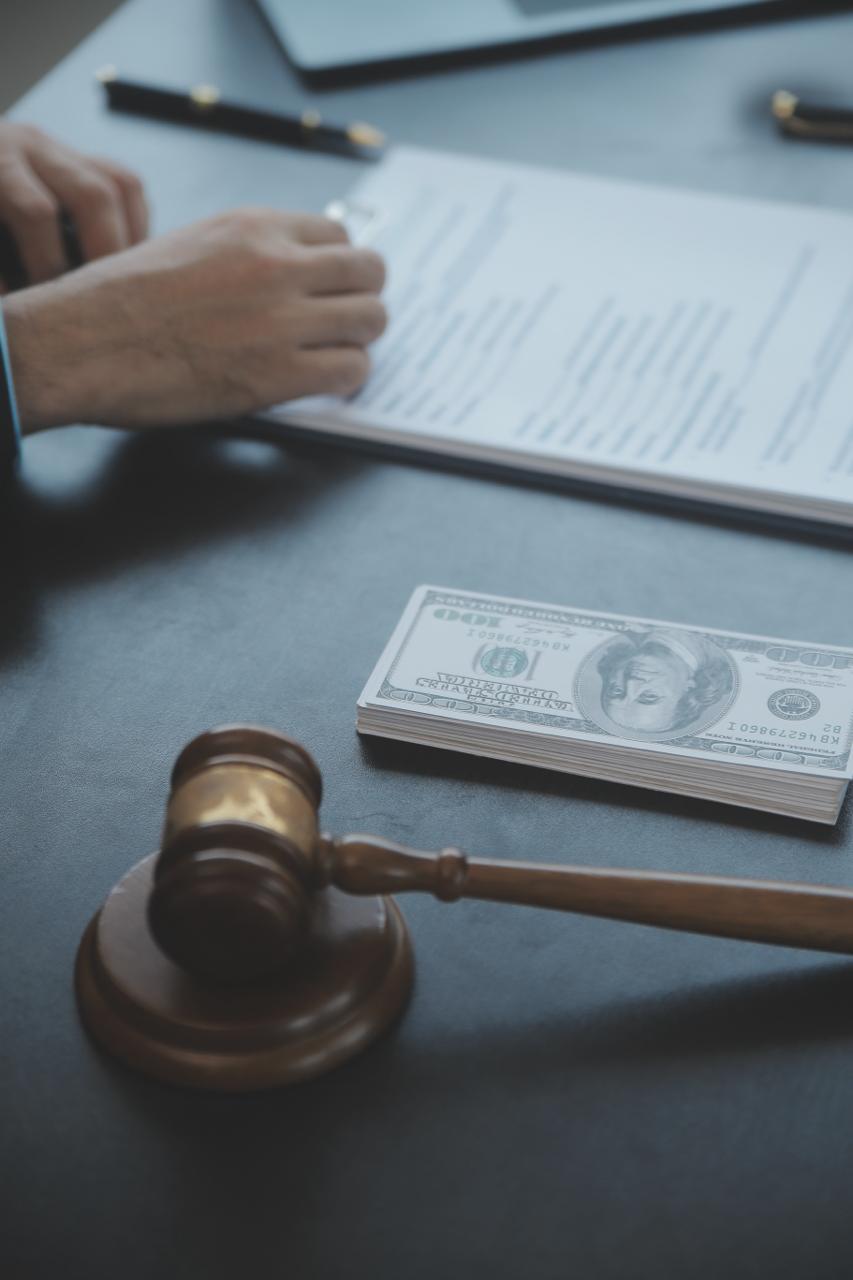Debt collection from legal entities requires a precise legal approach to ensure compliance and recover funds. Initially, businesses should assess the debtor’s ability to pay and send formal demand letters, clearly stating payment deadlines and consequences of non-payment. If the debt remains unpaid, legal actions like filing lawsuits or initiating court proceedings may be necessary. Companies must adhere to local and international regulations, ensuring all communication and actions comply with contract terms and commercial law. Using experienced legal professionals can streamline the process, minimize delays, and safeguard company interests.
Collection of Receivables
Effective receivables collection is a critical aspect of business operations to maintain cash flow. Businesses should implement clear credit policies, including payment terms and interest rates for overdue accounts, and regularly monitor outstanding invoices. When receivables become overdue, immediate actions such as issuing reminder notices or negotiating payment schedules should be taken. If informal methods fail, legal proceedings may be required to recover the debt. Leveraging debt collection agencies or legal services can expedite the recovery process, ensuring businesses avoid write-offs and minimize financial strain due to unpaid receivables.














